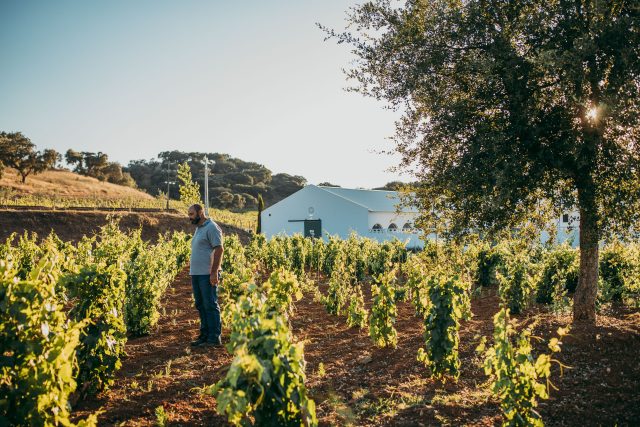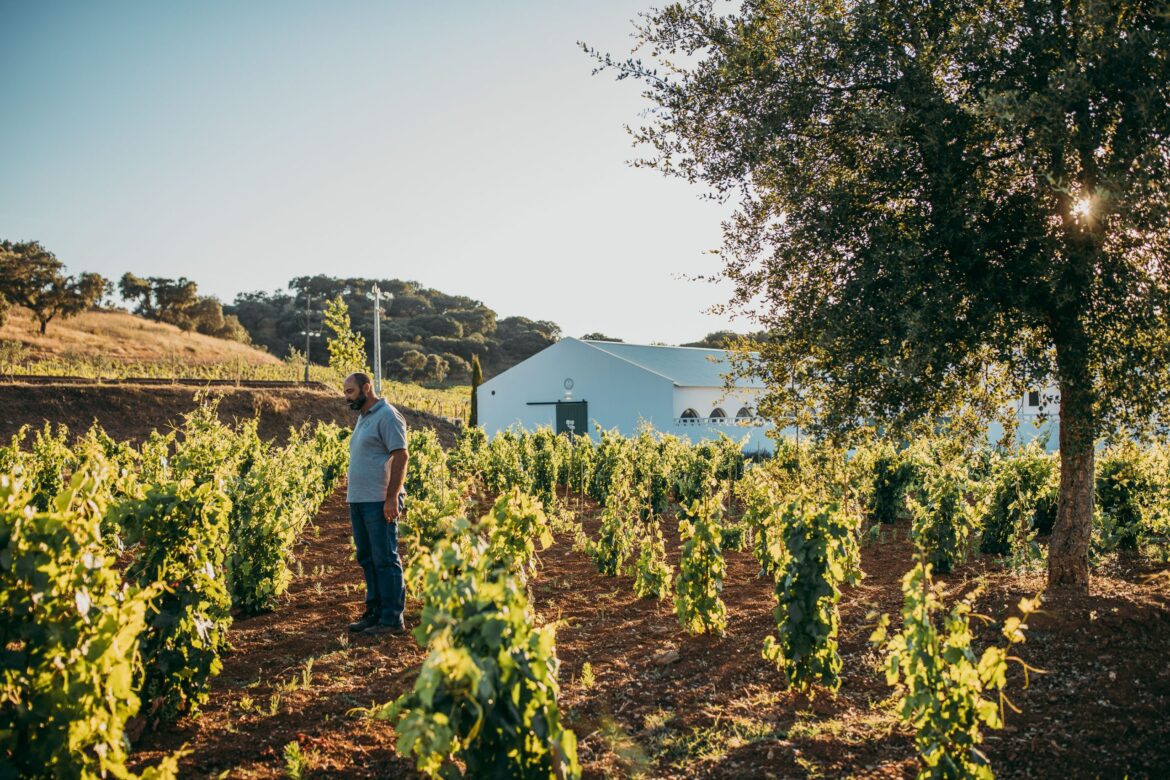Presenting her family’s wines from the Douro, Dão and Alentejo, Luísa Amorim, CEO of Amorim family estates, urged the trade and consumers alike to embrace Portugal’s “wine revolution”.

When Luísa Amorim presented her wines at 67 Pall Mall last week, she spoke not only of terroir but of philosophy. For her, wine, and wine production, must embody beauty as well as function: “People join us not only for the wine, but also for the culture, the gastronomy, the people. It’s about emotion and fulfilment – and when they understand what they are drinking, they become fans forever.”
Amorim, who heads Amorim Family Estates, oversees three very different but complementary properties: Quinta Nova de Nossa Senhora do Carmo in the Douro, Taboadella in the Dão, and Herdade Aldeia de Cima in the Alentejo. Together, they form what she calls a mosaic of Portuguese identity, balancing innovation with respect for heritage.
A revolution in Portuguese wine
Portugal has long been tipped as one of the most dynamic wine countries in Europe, with over 250 native grape varieties across 14 regions. As db reported in 2021, the country has “embarked upon a revolution”, moving beyond its reputation for Port and producing ambitious, terroir-driven wines that rival the best from its neighbours.
Amorim believes the challenge now is less about quality and more about visibility: “It’s difficult to promote Portuguese wine. People are less familiar with it.” She continued: “Give it a chance. The consumer needs to be open to being surprised.” That’s why, for more than 20 years, she has insisted that Portugal be clearly marked on her labels, rather than relying solely on grape names unfamiliar to many drinkers.
From schist to granite to cork oak
At the London tasting, each estate revealed a distinct expression of Portugal’s diversity.
From the Douro, the flagship Mirabilis 2023 (Rabigato, Viosinho, Gouveio) showed Burgundian poise with its schist-driven minerality, while the Quinta Nova Reserva Touriga Nacional 2023 offered a pure, floral take on the region’s signature grape.
From the Dão, the Taboadella Reserva Encruzado 2024 stood out for its precision and freshness, demonstrating why Encruzado is increasingly seen as Portugal’s answer to Chardonnay. The Taboadella Jaen 2021 highlighted a lighter, red-fruited side of the region, balancing elegance with depth.
From the Alentejo, the Herdade Aldeia de Cima Reserva 2022 (white) blended Antão Vaz, Alvarinho, and Arinto for a textured yet vibrant profile, while the Reserva 2021 (red) – based on Alicante Bouschet – layered richness with surprising lift thanks to ageing in amphorae, concrete and oak.
These wines reflected Amorim’s ongoing drive to “reinterpret tradition”, whether through unoaked Douro reds, or her pioneering Bordeaux-style Douro white, Mirabilis.
Belief in the long view
For Amorim, success in wine comes down to conviction: “If you believe in the future, in people, in what you do, then you are attached to the land and to the things that really matter. Wine is a long-term business – it’s for my children, and my grandchildren.”
That long-term view also underpins her social work, including the Bagos d’Ouro Association, which supports more than 200 children in the Douro through education, and new craft initiatives in the Alentejo.
From schist terraces to granite outcrops and cork oak forests, Amorim’s estates encapsulate the breadth of Portugal’s landscape – and its ambition. If Portugal’s “wine revolution” is still unfolding, it’s clear that Amorim Family Wines intends to be at its forefront.
Related news
Salary inflation to hit Port prices
Loureiro poised to emulate Alvarinho’s success
Lower yields but promising quality for Symington’s 2025 harvest


Dining and Cooking